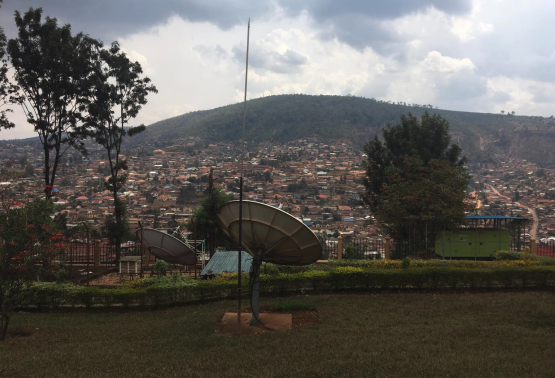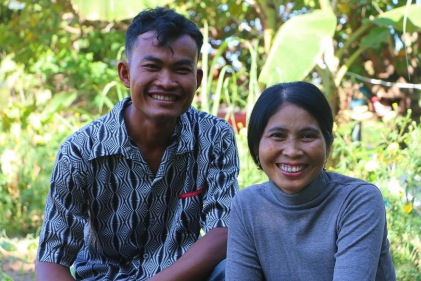Resources

SAFETI Newsletter September 2018
Aquaculture plays a central role in nutrition and livelihood for more than 12 million people in Bangladesh. Bangladesh has been very successful in expanding freshwater aquaculture, with an average growth rate of 8.1 percent per annum for the period 2000-17, and a current annual production of more than two million tonnes of aquaculture products from […]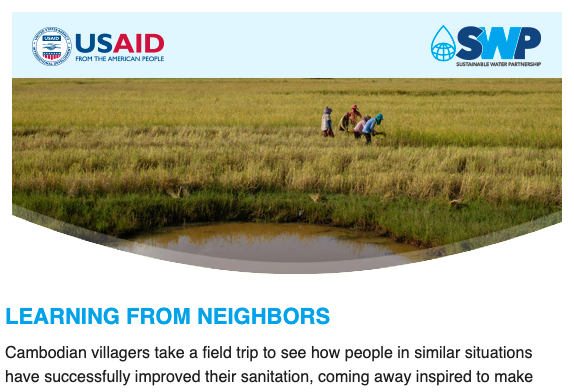
February 2019 SWP Newsletter
Cambodian villagers take a field trip to see how people in similar situations have successfully improved their sanitation, coming away inspired to make changes in their own communities. In This Issue – Learning from Neighbors – Bolstering WASH, Building Resilience – Modeling Better Water Management
CASE STUDY – A Life Transformed: A Journey from Slave to Self-sufficient
Dara*, a 26-year-old man from Takeo province, who was promised by his broker that he would have a secure and decent job in Thailand, was enslaved for seven years on a fishing boat on east Malaysian waters. He was unable to leave the boat, not allowed to take breaks, and did not get enough food […]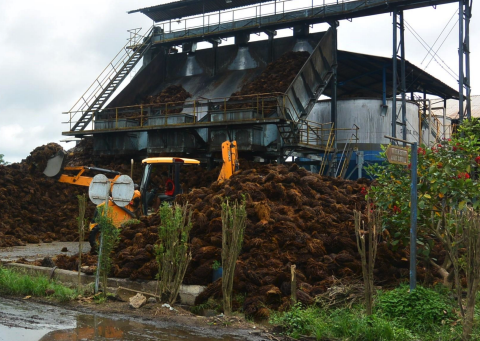
Compilation of Best Management Practices to Reduce Total Emissions from Palm Oil Production
This report includes a compilation of best management practices (BMPs) to reduce total emissions from palm oil production. BMPs examined include those during plantation establishment, concession management, and mill management. Each BMP identified was evaluated against the following criteria: financial feasibility, greenhouse gas reduction potential, technical and operational challenges, environmental and social co-benefits, and replicability. […]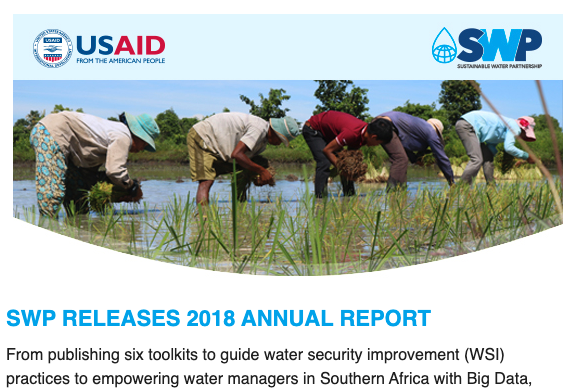
January 2019 SWP Newsletter
From publishing six toolkits to guide water security improvement (WSI) practices to empowering water managers in Southern Africa with Big Data, 2018 was a busy year for the Sustainable Water Project (SWP). Check out our annual report to learn more. In This Issue – SWP Releases 2018 Annual Report – Communication is Key – Protecting […]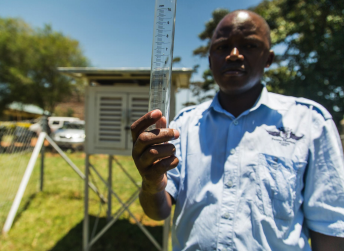
Approaches to Collect, Exchange, and Integrate National and Global Datasets
African countries are exposed to a range of significant climate-related risks, including variability in water resources, presence of climate-sensitive diseases, and dependence on rain-fed agriculture. As such, there is a critical need for timely information on past, current and future climate monitoring to help inform decision-making across multiple sectors. Yet African populations have historically been […]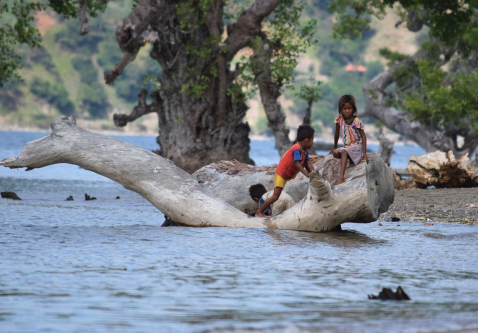
Climate Information Services Market Assessment and Business Model Review
Climate change poses a serious threat to the people of Sub-Saharan Africa (SSA). The Intergovernmental Panel on Climate Change (IPCC) predicts that heat and drought stress will decrease crop productivity in Africa, with strong adverse effects on regional, national and household livelihoods and food security. In order to cope and adapt, companies and individuals will […]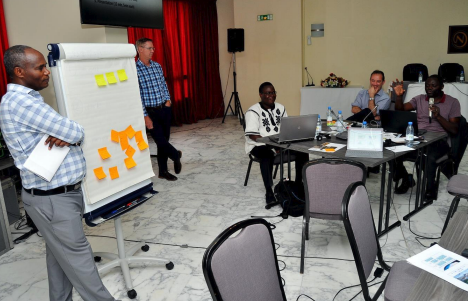
Workshop Report: Sustainable Climate Information Services (CIS): Expanding CIS delivery through innovative financial and business arrangements
This USAID-funded workshop brought together actors from National Meteorological and Hydrological Services (NMHS), private sector, and intergovernmental organizations to share work produced under the USAID funded Sustainable CIS project1 and start to overcome silos between different contributors to CIS. Further dialogue is encouraged to define priorities and identify synergies, ensuring NMHSs remain an important player […]